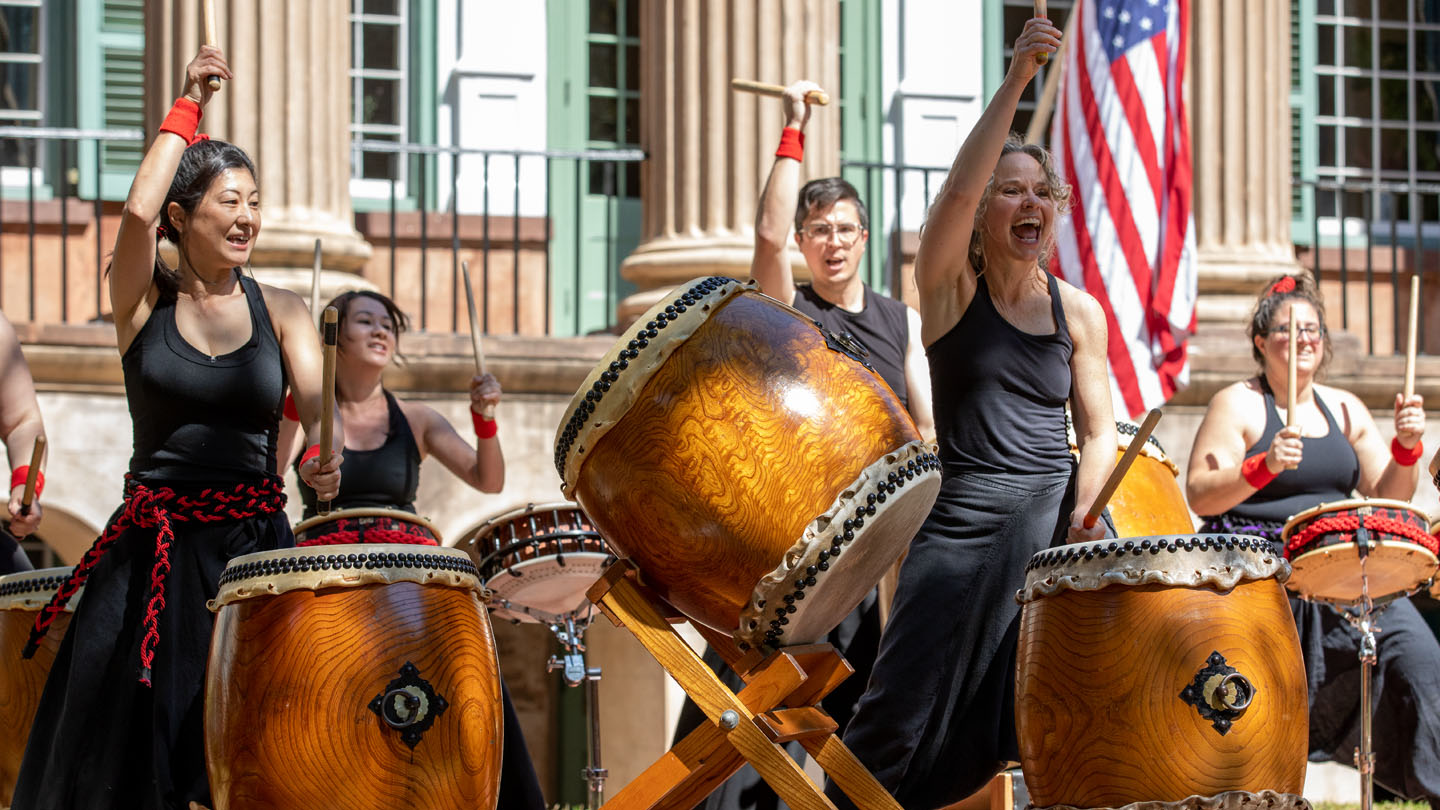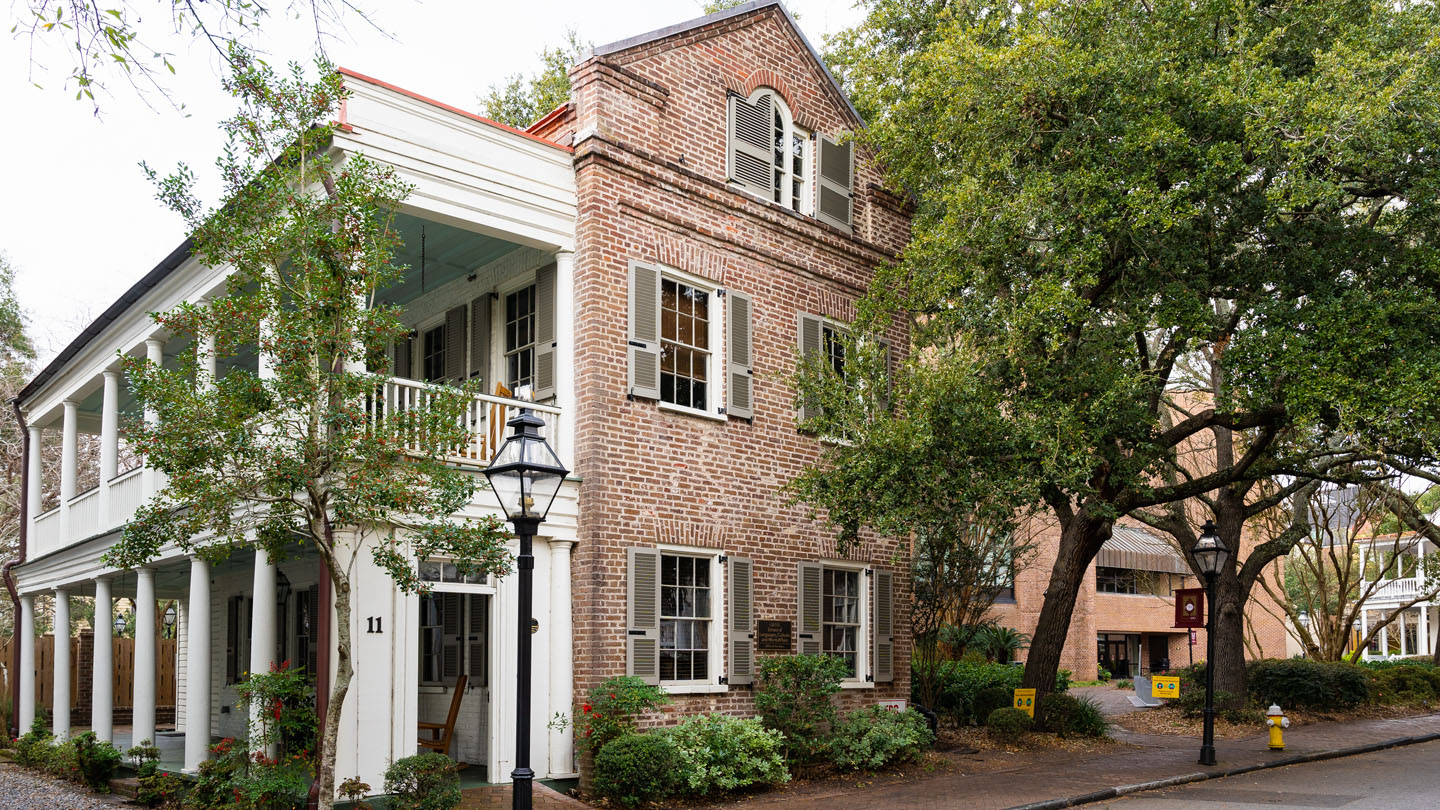School of Languages, Cultures, and World Affairs





The School of Languages, Cultures, and World Affairs is committed to providing students with the education they need to become informed global citizens.
Come study at one of the most comprehensive language programs in the Southeast. We also offer majors in classical languages, modern languages and cultural studies. Our faculty will help you become a responsible and engaged world citizen. You'll learn to understand and respect foreign cultures.
Languages, Cultures & World Affairs
Languages
Student Programs
Awards and Scholarships
Centers, Initiatives and Community Interests
Office of the Dean


German-American Business Summit
This annual event is co-sponsored by LCWA and School of Business. Get ready to collaborate, network and search for job and internships. This summit is the place for College of Charleston students and South Carolina's German industries and businesses connect.
Read more about the summit
LCWA by the Numbers
Stats and insights from the School of Languages, Cultures, and World Affairs.
The department is home to one of the largest and most comprehensive undergraduate programs in the Southeast.
From African American Studies to Ancient Greek, we have the programs and languages you're looking for.
Business, law, healthcare, marketing, diplomacy. Global communication skills open infinite career opportunities.